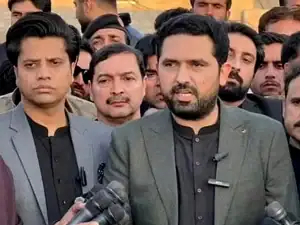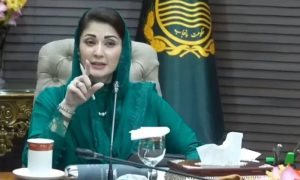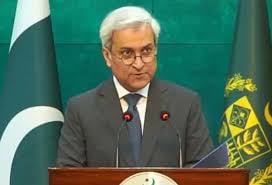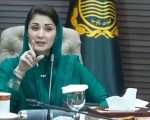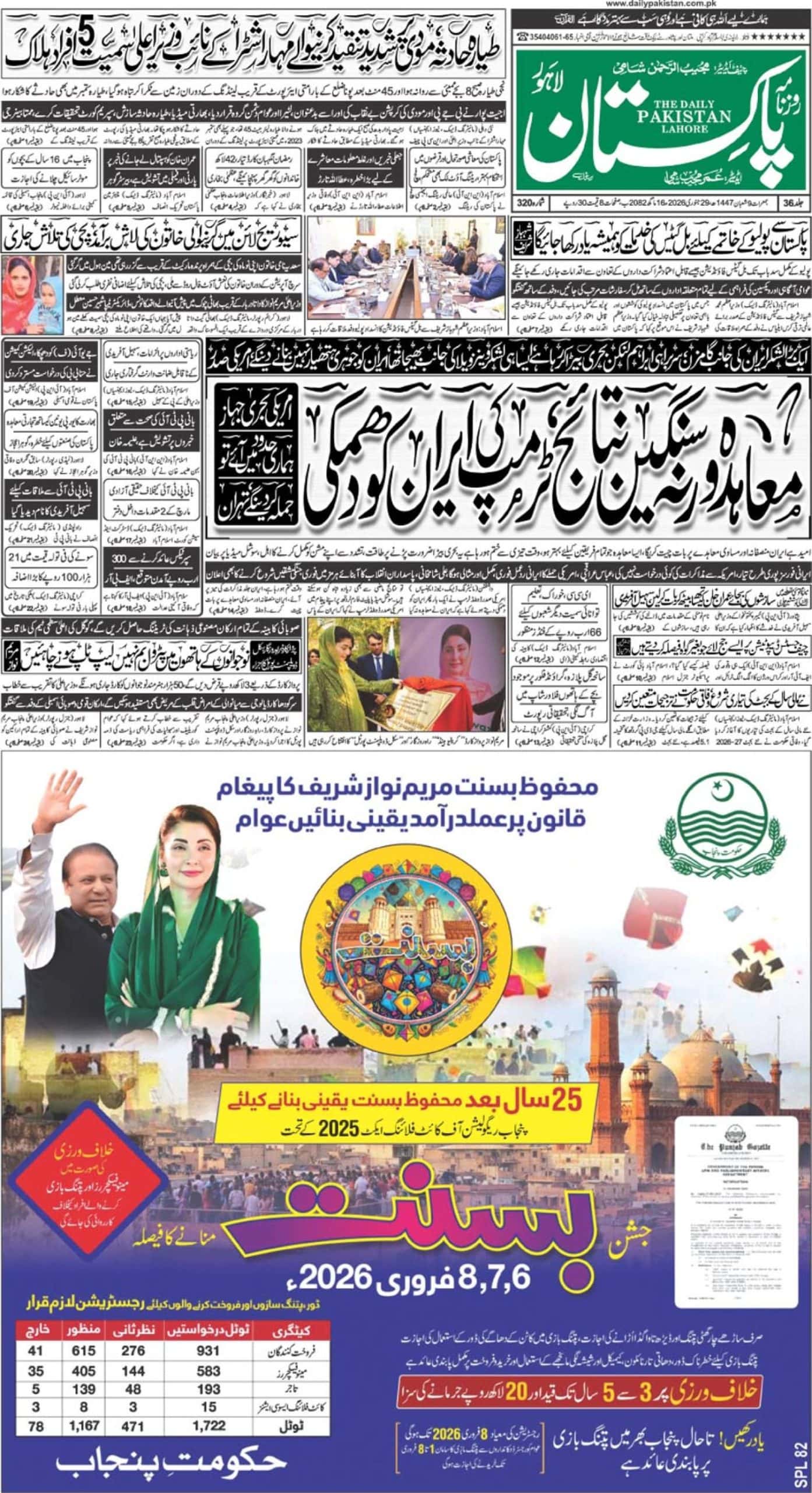Almost a month after Pakistani authorities slammed a ban on X without any official announcement, Information Minister Attaullah Tarar has finally acknowledged that a ban on the social media platform was in place when the new government assumed power.
Speaking during an interview, Tarar admitted there was no official notification for the ban.
Pakistani authorities disrupted access to X on February 17, when former Rawalpindi commissioner Liaquat Chattha accused the chief election commissioner and chief justice of Pakistan of involvement in vote rigging in the the February 8 general elections.
Fearing a strong backlash from the masses to any attempts to steal people’s mandate, Pakistani authorities had banned X during the general elections and shut down the internet as well as telecom services across the country on February 8.
Now Tarar has taken a U-turn on his previous remarks as he pushed back last week against the disruption and claimed that X was still working in Pakistan. He said that those asking questions about a ban on X should present a notification for the ban.
Contradicting his own statement on Monday, Tarar said, “Twitter was already banned when we came into power. There is no official notification for it but everyone can see that its signal and frequency are not working as normal and it is being used through VPN. This is correct.”
Tarar said there should be “red lines that should not be crossed”. He suggested that political parties should discuss issues such as misogynistic abuse, cursing and mockery of martyrs. “I think there is a need for a charter and it will be a good thing if it happens.”
When asked about the state of press freedom in Pakistan, he said: “I am a political activist at the ground level and have always been present with you. I would want that I fully perform my role regarding freedom of expression and journalism.”
Answering a question about the Punjab government’s plans to bring a law to tackle “fake news”, Tarar said it would be better for political parties to decide matters between themselves on tackling the issue of “fake news” instead of the state sorting out the matter.



